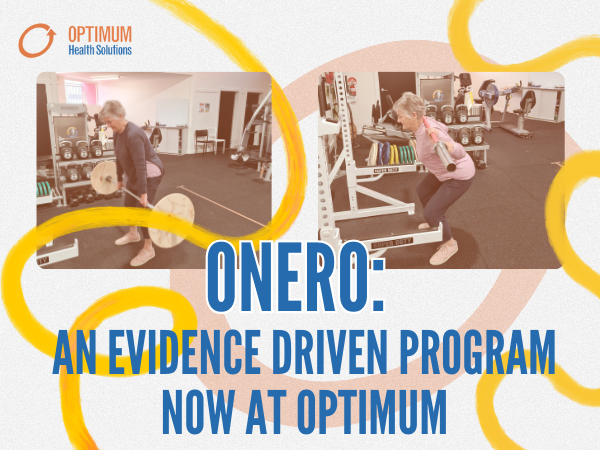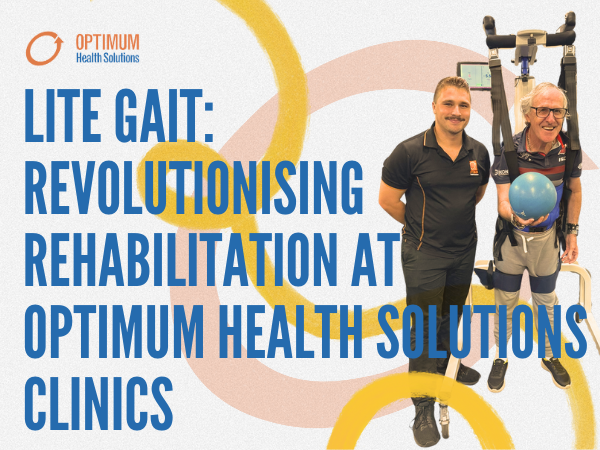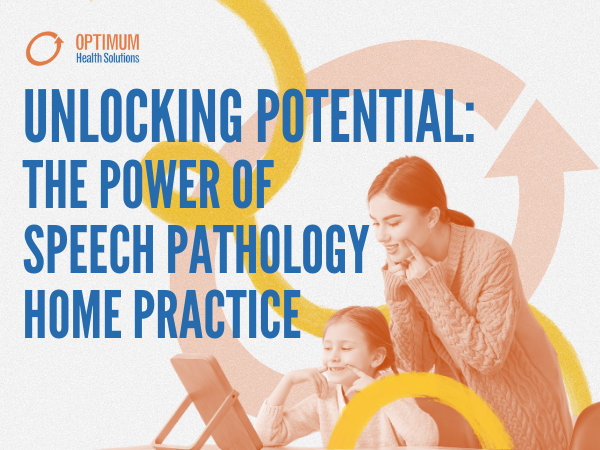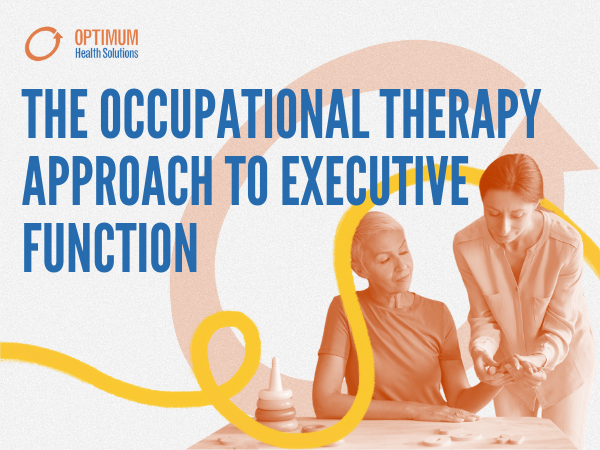According to the mental health organisation Beyond Blue, 45% of Australians will experience a mental illness at some point in their lives. More specifically they estimate that approximately 1 million Australians suffer from depression at any one time. This depression can affect every aspect of a persons’ life and is often treated with medications or social therapies such as seeing a psychologist or counsellor. But what if there was another more natural way to reduce the effects of depression?
What if you could eat yourself happier?
Well, some new research from Deakin University suggests just that. They have just released a study which followed 56 patients with depressive symptoms and compared the effects of following a certain diet pattern with social support treatment in improving these symptoms. One third (33%) of participants in the diet group noticed a significant improvement in symptoms, compared to only 8% of patients in the conventional treatment group; a huge difference!
So what was this miraculous diet?
The study placed participants on a modified version of the Mediterranean Diet, a way of eating which has regularly popped up as being one of the most health protective eating patterns and is based on the traditional eating habits of populations living around Greece, Italy, Portugal and Spain. It promotes high intakes of vegetables, fresh fruit, wholegrain, nuts, legumes and olive oil; moderate amounts of fish, poultry, dairy and red wine and limited amounts of processed carbohydrates (rice, white bread, pasta), red meat and sugar. It has constantly been linked to lower risks of cardiovascular disease, diabetes, and cancer as well as improved energy levels and good bowel health.
Want to eat more Mediterranean? Here is what the study participants ate:
- Per Day: Six servings of vegetables, five servings of whole grains, three servings of fruit, two servings of unsweetened dairy, one serving of raw, unsalted nuts, and three tablespoons of olive oil
- Per Week: Three servings of lean red meat, two servings of chicken, up to six eggs, and at least two servings of fish
- Extras: No more than three servings per week of sweets, refined cereal, fried food, fast food and soft drink
- Alcohol: No more than two glasses of red wine a day, only with dinner
Going back to the Deakin Study, participants noted they felt more “balanced” and more “energetic”, while following this diet, however, it must be noted that dietary changes cannot be used a sole treatment for mental illness. By all means, try this diet and see how you feel, but remember it should be used in conjunction with regular therapies to help boost their effectiveness and improve overall health and wellbeing outcomes.
If the above diet seems overwhelming for you, try implementing some small Mediterranean style changes such as eating more whole grains and legumes, eating less refined sugar, and including at least 2 fish meals per week.
References:
https://bmcmedicine.biomedcentral.com/articles/10.1186/s12916-017-0791-y








